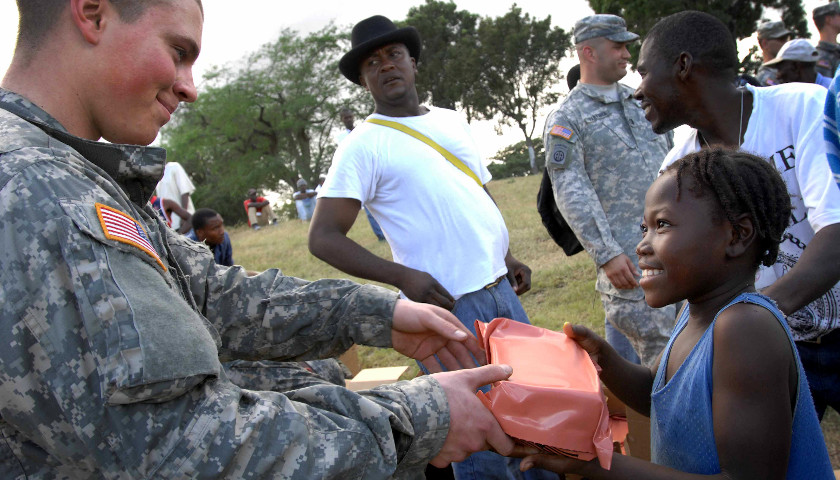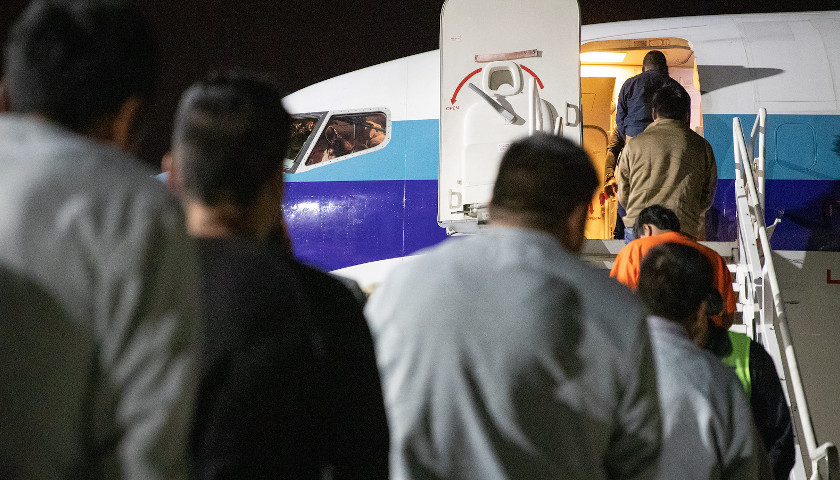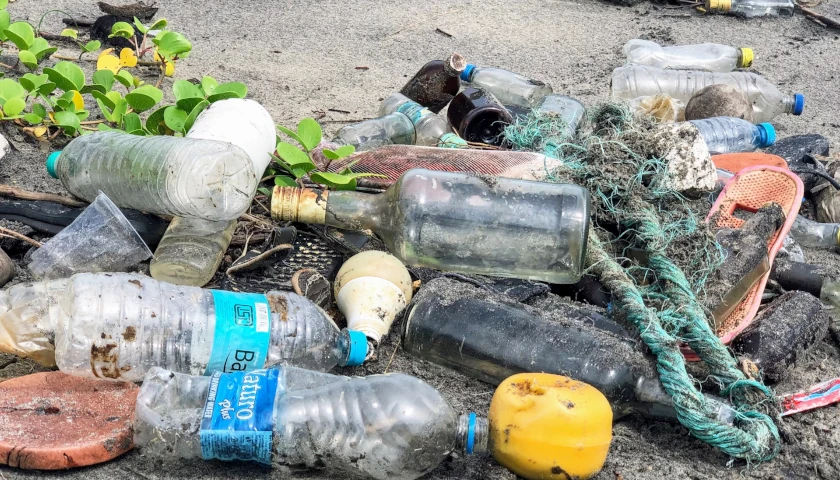by Debra Heine
A United Nations official said Tuesday that dozens of nations are facing “a hunger pandemic” amid international coronavirus lockdowns, warning that it’s possible more people could die of starvation than from the virus itself.
David Beasley, director of the United Nations World Food Program, said that unless action is taken, the world could see “multiple famines of biblical proportions within a short few months.”
“Before the coronavirus even became an issue, I was saying that 2020 would be facing the worst humanitarian crisis since World War II,” Beasley told the U.N. Security Council.
He said that we’re facing “a perfect storm” because of wars like those in Syria and Yemen, the scourge of desert locusts, the economic crisis in Lebanon, and more frequent natural disasters, among other things.
“Millions of civilians living in conflict-scarred nations, including many women and children, face being pushed to the brink of starvation with the specter of famine being a very real and dangerous possibility,” he warned.
The World Food Program, which works to fight hunger worldwide, serves nearly 100 million people a day, including 30 million who depend on the organization to stay alive, according to Beasley. He said that every night, 821 million people go to bed hungry.
Some 135 million people are acutely food-insecure and facing crisis levels of hunger or worse, according to a report published this week called the 2020 Global Report on Food Crisis.
“In a worst-case scenario, we could be looking at famine in about three dozen countries, and in fact, in ten of these countries we already have more than one million people per country who are on the verge of starvation,” Beasley said, adding that there’s “a real danger that more people could potentially die from the economic impact of COVID-19 than from the virus itself.”
The international lockdowns have thrown millions of people out of work, including many workers who support families abroad.
Beasley said transfers of money from foreign workers to their families in other countries is expected to drop sharply — “hurting countries such as Haiti, Nepal, and Somalia.”
He urged countries at war to make peace, and like the UN secretary-general, called for a global ceasefire so humanitarian aid can be delivered to those in need.
“We need all parties involved in conflicts to give us swift and unimpeded humanitarian access to all vulnerable communities, so they can get the assistance to them that they need, regardless of who they are or where they are,” he said.
“Supply chains have to keep moving if we are going to overcome this pandemic and get food from where it is produced to where it is needed,” Beasley added.
“It is critical we come together as one united global community to defeat this disease, and protect the most vulnerable nations and communities from its potentially devastating effects,” he said.
– – –
Debra Heine is a regular contributor to American Greatness.





